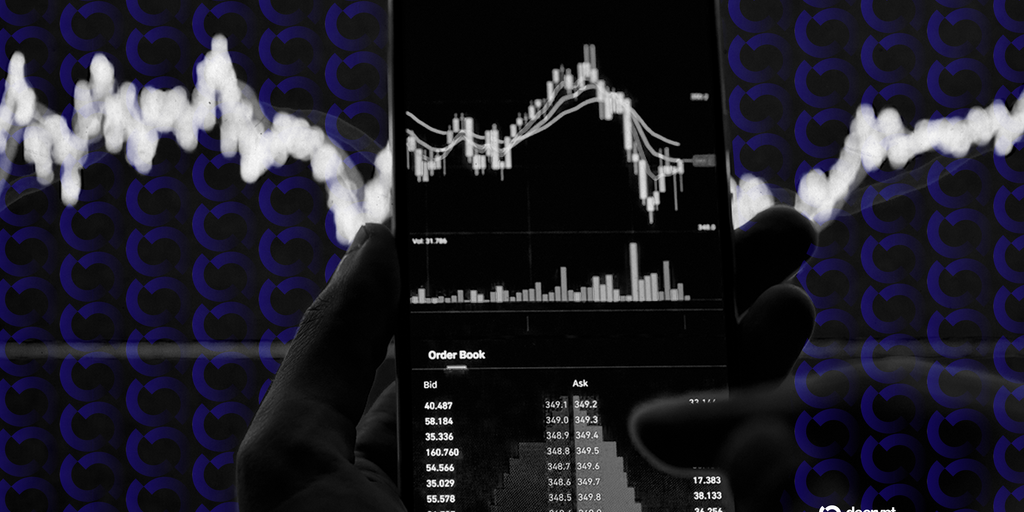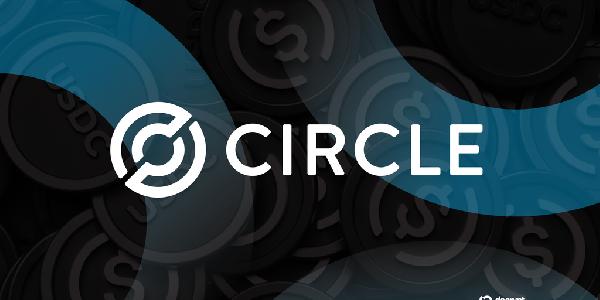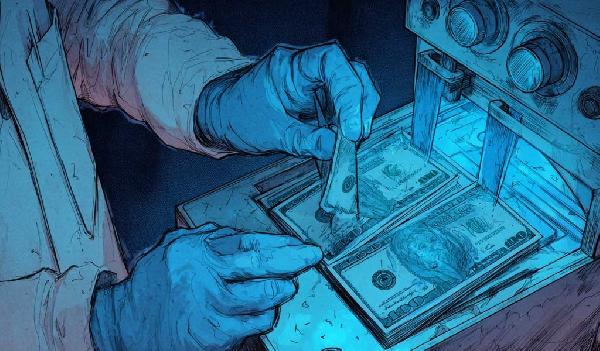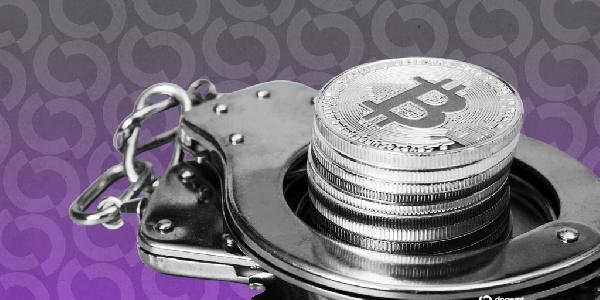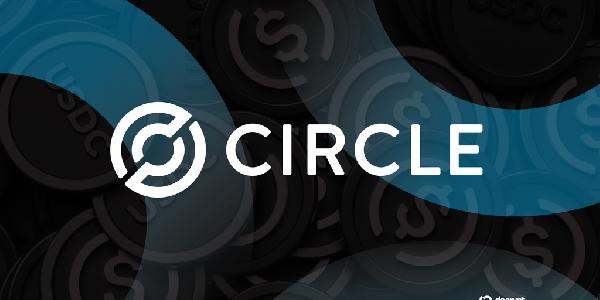Crypto exchange startup Rails said on Wednesday it has launched its trading platform after raising millions backed by investors including Kraken, CMCC Global, Slow Ventures, Round13 Capital, and Quantstamp.
The $14 million raise brings the company’s total funding to $20 million to date, following a $6 million equity round completed earlier in March.
Rails offers a hybrid model aimed at combining the execution speed of centralized platforms with the asset control and transparency of on-chain custody.
The company said its platform uses a centralized matching engine for performance while settling trades on-chain through cryptographic techniques such as zero-knowledge proofs and Merkle trees.
“All transactions are rolled up and posted on-chain to ensure transparency and verifiability,” CEO Satraj Bambra told Decrypt.
Zero-knowledge proofs and Merkle trees are cryptographic techniques that allow entities to verify account balances and trades without exposing user data, ensuring both privacy and tamper-proof transparency on-chain.
The on-chain components are designed to allow for greater user control over assets without compromising execution speed, Bambra added.
This approach, combined with Rails‘ market maker structure that utilizes transparent dedicated capital, implements “traditional finance safeguards while maintaining the benefits of decentralized asset control,” the exchange said.
“As someone who’s watched this industry wrestle with performance versus self-custody for years, Rails is the first exchange I’ve seen where neither security nor speed is compromised,” Sam Lessin, General Partner at Slow Ventures, wrote in a statement.
Rails will initially support perpetual futures contracts collateralized with stablecoins, rather than spot trading.
The exchange does not currently plan to expand to assets outside those supported on Ink, a layer-2 blockchain developed by Kraken that will exclusively host the platform.
Rails was founded in 2023 by the team behind BlockEQ, a crypto wallet acquired by Canadian exchange Coinsquare in 2018.
Edited by Sebastian Sinclair
Your Email
